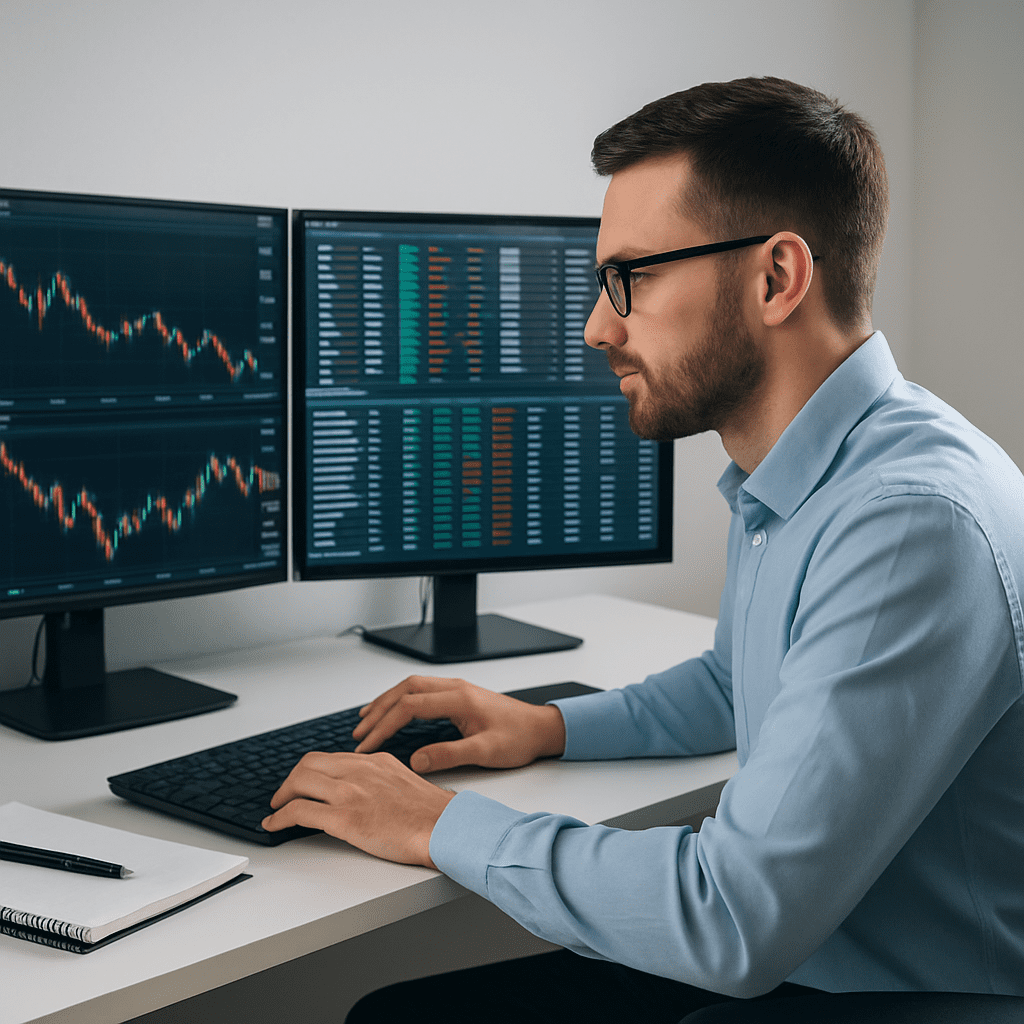
Mastering trading psychology for beginners is the first step toward long-term success in financial markets. Emotional discipline, focus under pressure, and the ability to follow a strategy without deviation are key psychological traits of a consistent trader.
To explore the science behind trading psychology, we recommend reading this trusted source: Investopedia
Table of Contents
ToggleBienvenue chez TradingPsycho
Trading psychology for beginners is not just about staying calm during market fluctuations — it's also about building habits that support rational decision-making. New traders often experience emotional spikes, especially when they face consecutive losses. This is why mastering your mindset is more important than analyzing chart patterns alone.
To go deeper into this topic, we recommend checking our detailed guide on trading psychology blog for beginners, where we explain emotional discipline, trading journaling, and mental resilience techniques.
🧠 Trading Psychology for Beginners – Who We Are

<p style=”text-align: center;”>
This image represents a trader in deep concentration, applying emotional control and disciplined decision-making — essential traits in <strong>trading psychology for beginners</strong>.
</p>
Welcome to Trading Psychologic — your trusted destination for mastering trading psychology for beginners. Discover how mastering your mindset—not just your strategy—can transform your trading success. Learn how to stay focused, build emotional strength, and make smarter trading decisions in any market condition.
- ✅ Master emotional control before, during, and after trades to avoid impulsive decisions.
- ✅ Build disciplined habits using proven trading mindset routines and daily practices.
- ✅ Stay calm and rational during high-volatility sessions and stressful trade outcomes.
- ✅ Recover from losses without revenge trading and maintain long-term perspective.
📘 For a deeper dive into trading psychology for beginners, we recommend reading this detailed guide on Investopedia — one of the most trusted sources in the financial world.
Trading psychology for beginners also means developing self-awareness — recognizing your emotions before they control your actions. Journaling trades, reflecting on mistakes, and maintaining a structured routine are essential techniques that help new traders stay grounded and improve decision-making over time.
Trading psychology for beginners also involves setting realistic expectations and practicing patience. Avoid chasing quick profits or reacting emotionally to market noise. Instead, build consistency by developing a routine, journaling your trades, and reviewing your mindset regularly.

